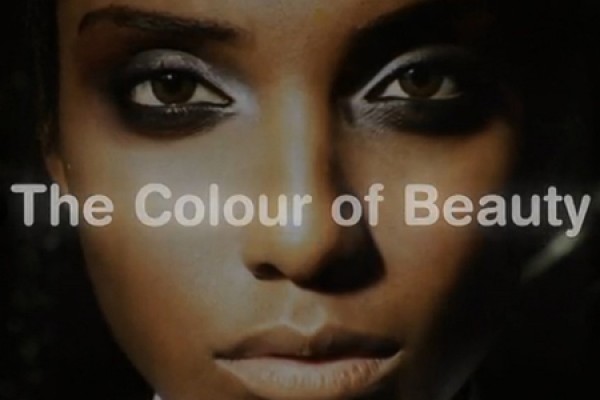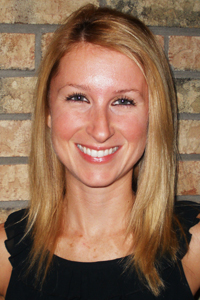 The Distinguished Visitors in Women’s Studies series will screen the documentary film “The Colour of Beauty,” Wednesday on campus.
The Distinguished Visitors in Women’s Studies series will screen the documentary film “The Colour of Beauty,” Wednesday on campus.
Women’s and Gender Studies
 The Distinguished Visitors in Women’s Studies series will screen the documentary film “The Colour of Beauty,” Wednesday on campus.
The Distinguished Visitors in Women’s Studies series will screen the documentary film “The Colour of Beauty,” Wednesday on campus.
 Student Melissa Baker (right) describes her experiences as a deaf person during Tuesday's event on the theme of "Voices and Silences."
Student Melissa Baker (right) describes her experiences as a deaf person during Tuesday's event on the theme of "Voices and Silences."
Two events on campus this week will celebrate International Women’s Day.
A panel discussion Monday, March 25, will break open historical, theoretical and activist perspectives in 21st-century debates on weight, size, space and women’s bodies.
“Fat is still a feminist issue” will continue the discussion ignited by Susie Orbach’s best-selling book.
She gets a lot of feedback from students about being approachable, says Christine Rossi, and it makes her feel her work as a teaching assistant is worthwhile.
 Christine Rossi. |
When social issues arise, who truly has the knowledge that will affect how policies are made? A discussion on Friday, November 9, will focus on climate change, as well as the questions of who the “knowers” or experts are, and whose knowledge claims can be taken seriously.
Until 1985, First Nations women who married non-status men lost their status under Canada’s Indian Act, even though men who married non-status women were able to pass their status on to their wives and children. The effects of this discrimination are still being felt in many communities today.
In a free public event, “Aboriginal Women v. Canada,” Jeannette Corbière Lavell and Dawn Lavell Harvard discuss the losses experienced by First Nations women and their children as a result of gender discrimination in the Indian Act.
Questions of balancing religious and legal rights are the focus of a panel discussion Friday, entitled “Legislating What Women Can Wear: The Niqab in the Courtroom.”
Three panelists will discuss a current case before the Supreme Court of Canada involving a Muslim sexual assault victim who refused to remove her full face veil during courtroom testimony.
Filmmaker Susan Bazilli will be on hand for a campus screening of her documentary film Constitute!—which explores the work of the 1981 Ad Hoc Committee on Women and the Constitution—on Monday, October 15.
The Distinguished Visitor in Women’s Studies program this year will honour a diverse group—activists whose struggles helped to enshrine gender equality in the Canadian Charter of Rights and Freedoms.
“Their vision and determination have made it possible for us to live in a country that values fairness and justice for women,” says Anne Forrest, director of the women’s studies program.




